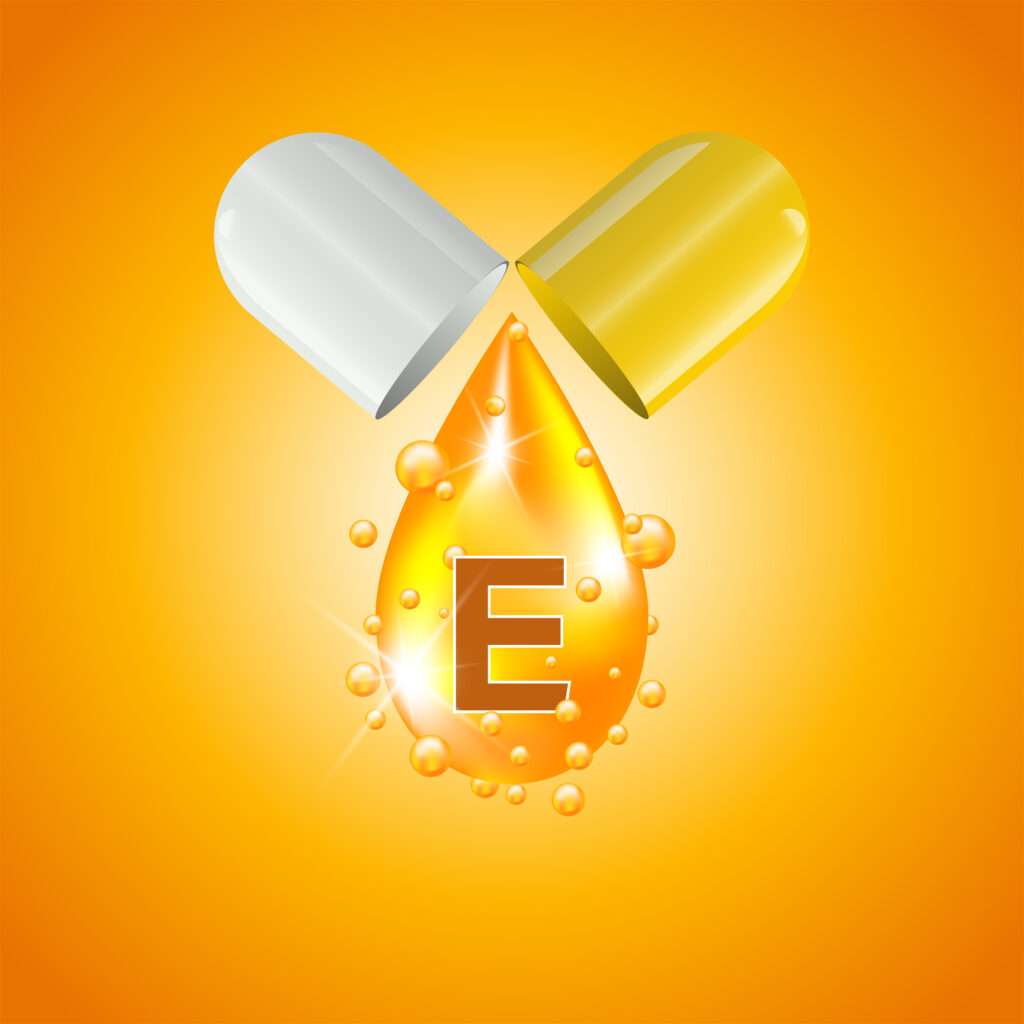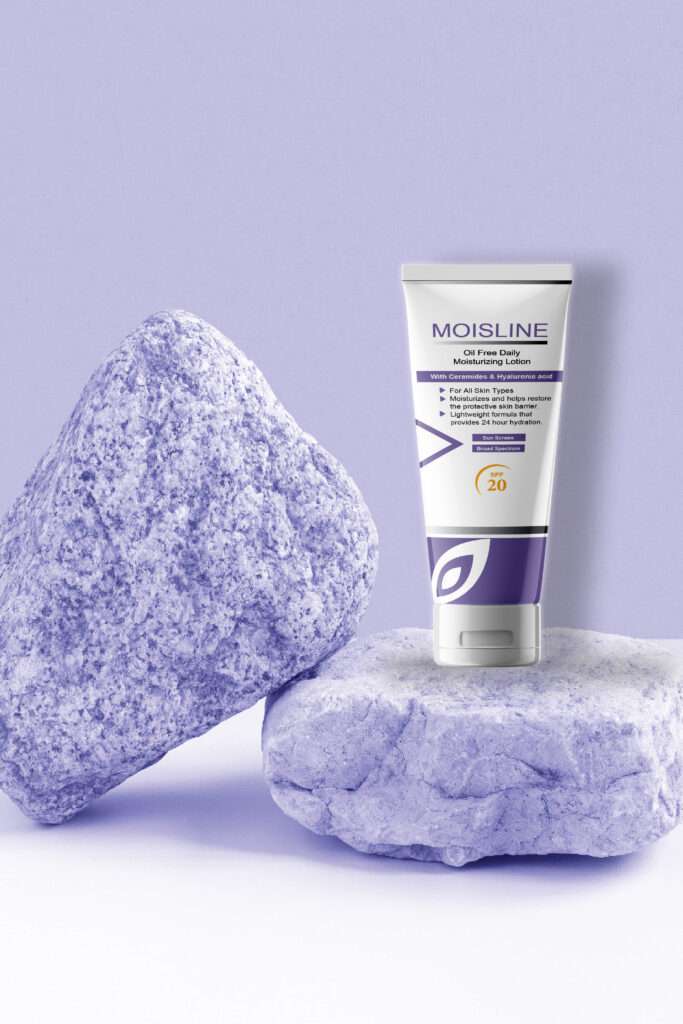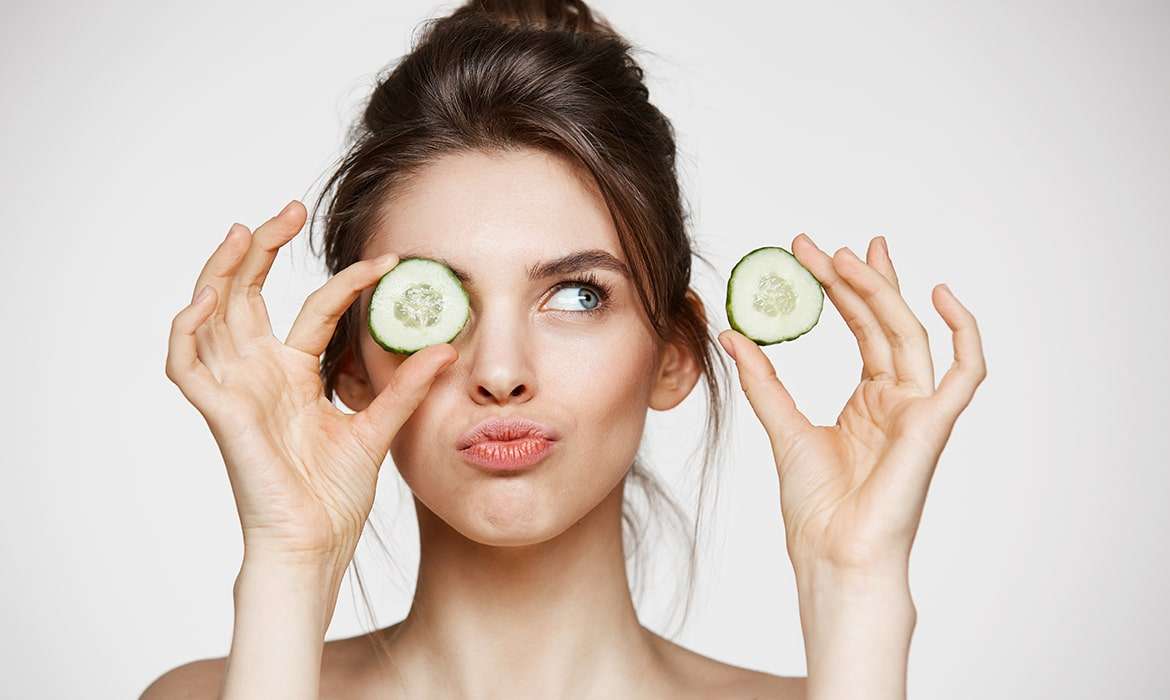Vitamin E is an important nutrient that plays a key role in maintaining healthy skin. Here are some of the benefits of Vitamin E for the skin:
WHEN USED TOPICALLY, VITAMIN E CAN HELP PROTECT THE SKIN FROM THIS FREE RADICAL-INDUCED DAMAGE.

Vitamin E as Moisturizer :
Vitamin E is a natural moisturizer that helps to keep the skin hydrated and prevents dryness, flakiness, and itching. Vitamin E works as a moisturizer by helping to reduce water loss from the skin. Vitamin E helps to keep the skin hydrated and prevent dryness, which can lead to flakiness, itching, and irritation. Vitamin E also helps to strengthen the skin’s natural barrier function, which can protect it from environmental stressors such as pollution and UV radiation.
Moisline moisturizer also contains vitamin E in its formulation for creating impact in your skin care routine.. Moisline Moisturizer is antioxidant-rich formula for skin care.
Overall, vitamin E can be an effective moisturizer for those with dry or sensitive skin. However, it’s important to note that everyone’s skin is different, and what works for one person may not work for another. If you have any concerns about using vitamin E as a moisturizer, it’s always best to consult with a dermatologist or skincare professional.

Anti-Aging Properties :
Anti-aging: Vitamin E has antioxidant properties that protect the skin from free radical damage, which is one of the main causes of aging. It helps to reduce the appearance of fine lines and wrinkles, and makes the skin look more youthful and vibrant. Vitamin E is a powerful antioxidant that helps to protect the skin from free radicals, which can cause damage to the skin and contribute to premature aging.
Free radicals are unstable molecules that are generated by environmental factors such as pollution, UV radiation, and stress. They can cause damage to the skin’s cells and contribute to the breakdown of collagen and elastin, which are essential for maintaining firm, smooth, and youthful-looking skin.
Vitamin E works by neutralizing free radicals, helping to prevent damage to the skin’s cells and promoting the production of collagen and elastin. This can help to reduce the appearance of fine lines, wrinkles, and other signs of aging.
In addition to its antioxidant properties, vitamin E also has anti-inflammatory properties that can help to soothe and calm the skin. This can be particularly beneficial for those with sensitive or irritated skin.
Overall, vitamin E can be an effective anti-aging ingredient when used as part of a comprehensive skincare routine. However, it’s important to note that no single ingredient can completely reverse the effects of aging. A healthy lifestyle, including a balanced diet, regular exercise, and proper sun protection, is also essential for maintaining healthy, youthful-looking skin.
Vitamin E as Sunblock :
Vitamin E is known for its ability to protect the skin from damage caused by environmental stressors, such as pollution and UV radiation. As a powerful antioxidant, vitamin E can help to neutralize free radicals and prevent them from damaging the skin’s cells. This can help to reduce the risk of premature aging, as well as skin cancer.
UV radiation from the sun is a major source of free radicals that can damage the skin. Vitamin E has been shown to absorb UVB radiation, which can help to prevent sunburn and other forms of sun damage. It also helps to reduce the production of reactive oxygen species (ROS) that can be generated by UV radiation, helping to protect the skin from damage.
In addition to its protective properties against UV radiation, vitamin E can also help to protect the skin from pollution. Air pollution can cause oxidative stress and inflammation, which can contribute to skin aging and other skin problems. Vitamin E can help to neutralize the free radicals generated by pollution and reduce the risk of damage to the skin.
Overall, vitamin E can be an effective ingredient for protecting the skin from environmental stressors. It’s important to note, however, that vitamin E should not be relied on as the sole form of sun protection. Sunscreen with broad-spectrum protection and an SPF of at least 30 should be used daily to protect the skin from UV radiation.
Vitamin E as Scar Healing :
Vitamin E is known for the Instant healing process of the skin and can help to reduce the appearance of scars and other blemishes.
Vitamin E is often promoted as a remedy for reducing the appearance of scars, although its effectiveness for this purpose is still a topic of debate among healthcare professionals. Vitamin E is thought to work by reducing inflammation and promoting the growth of healthy skin cells, which may help to improve the appearance of scars over time.
However, there is limited scientific evidence to support the use of vitamin E for scar reduction. Some studies have suggested that topical application of vitamin E may actually be harmful to the healing process of scars. One study found that patients who applied vitamin E to surgical wounds experienced a higher incidence of allergic reactions and infections than those who did not use vitamin
Vitamin E is also important for the immune system, helping to support the function of white blood cells and maintain overall immune health. It is also involved in the production of red blood cells, which are responsible for carrying oxygen throughout the body.
In addition to its antioxidant and immune-supporting properties, vitamin E is also important for skin health. It helps to maintain the skin’s natural moisture balance and may help to reduce inflammation, making it a popular ingredient in skincare products. Vitamin E is must-have product that should be added in your skincare and health routine.
Vitamin E has also been studied for its potential benefits in reducing the risk of chronic diseases, including heart disease, cancer, and Alzheimer’s disease. While more research is needed to confirm these potential benefits, some studies have suggested that vitamin E supplementation may be beneficial for certain populations. V


